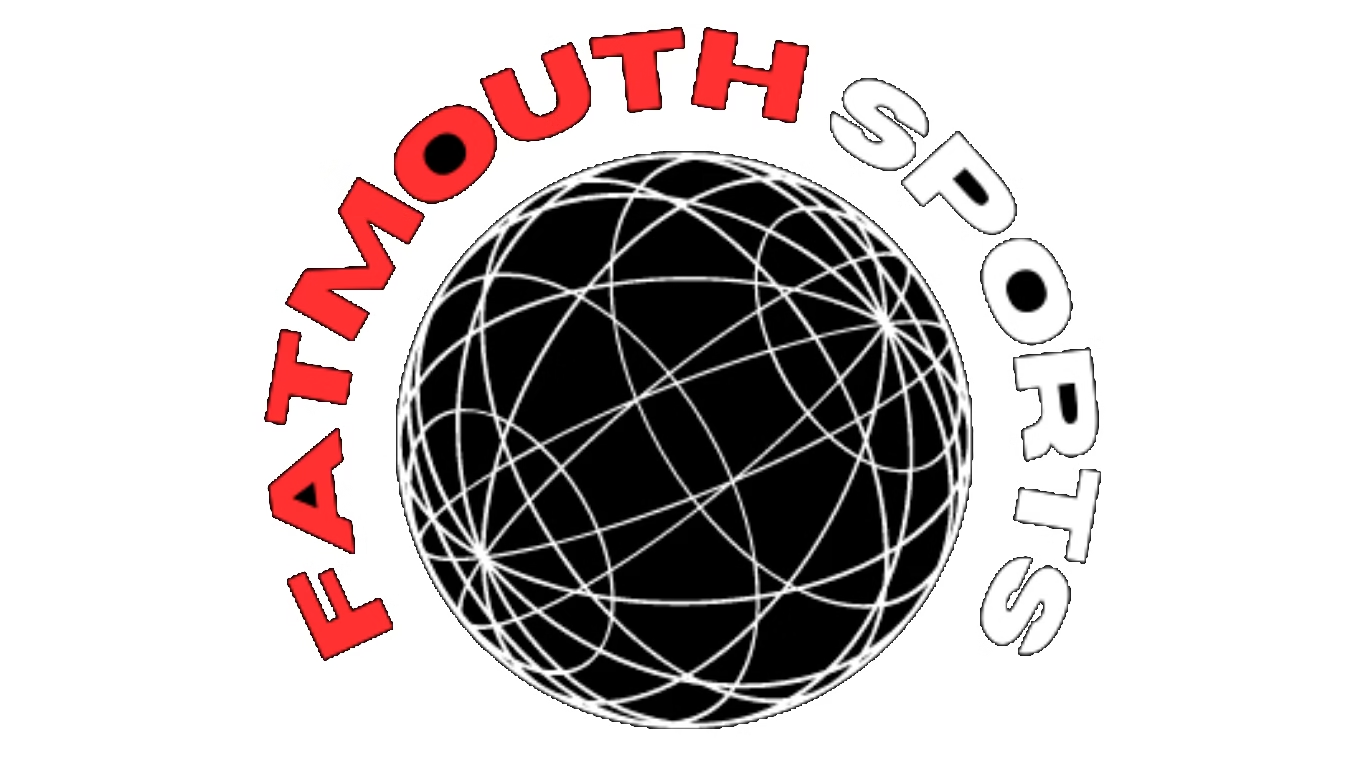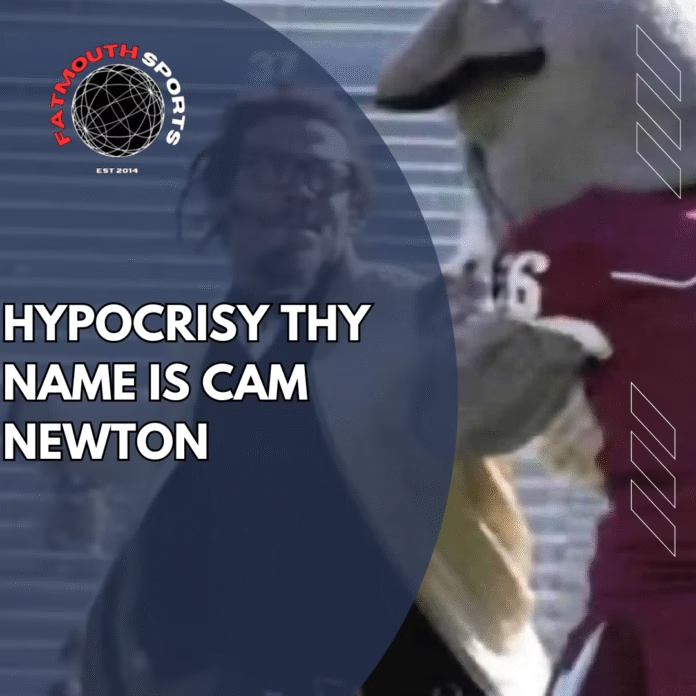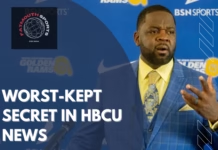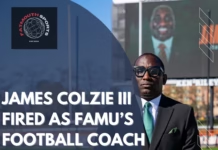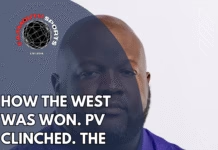Former NFL MVP Cam Newton recently criticized Bethune-Cookman University (BCU) and Grambling State University (GSU) after their on-field brawl last Saturday, which left several players facing possible suspensions. While Newton’s comments were aimed at holding players accountable, many observers felt his remarks ignored the deeper issues facing HBCU athletics — including chronic underfunding and unfair public scrutiny.
Newton, a former University of Florida and Auburn quarterback, expressed disappointment in both programs, suggesting the fight reflected poorly on the SWAC (Southwestern Athletic Conference) and HBCU football as a whole. His comments quickly spread across social media, sparking debate about the difference in how HBCU programs and Predominantly White Institutions (PWIs) are treated in similar situations.
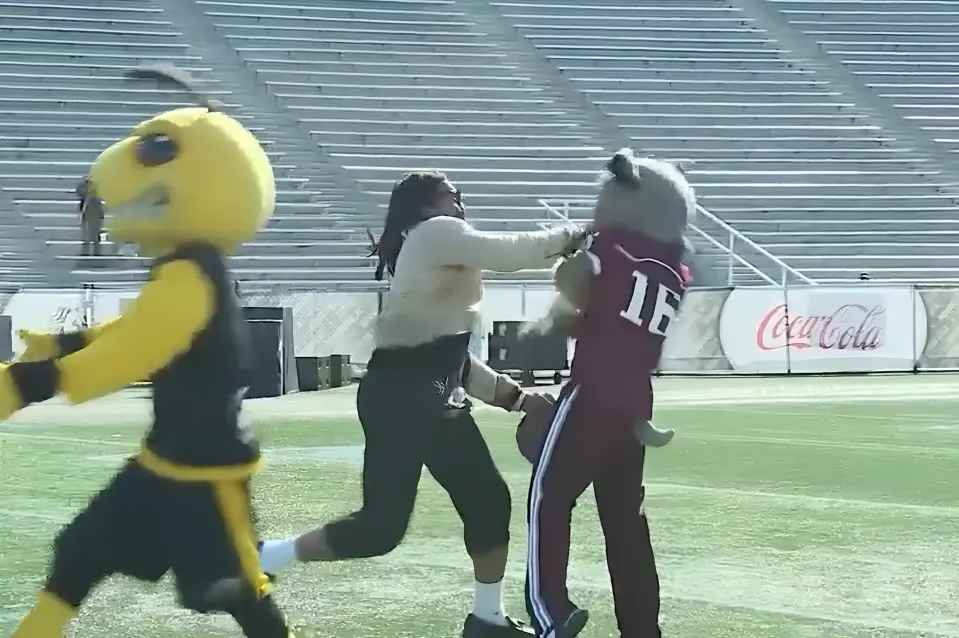
The Double Standard in College Football
When fights break out in games between major programs like Alabama, Michigan, or Georgia, the incidents are typically framed as isolated emotional outbursts — part of the intensity of competition. Yet, when similar altercations occur within the HBCU ranks, the narrative often shifts toward questioning the culture, discipline, and future of Black college sports as a whole.
Newton’s criticism fits into this pattern. Instead of focusing on the human side — young athletes in high-pressure environments — the conversation turns into an indictment of entire institutions.
This double standard hurts HBCUs not just in reputation, but also in tangible ways. Media rights deals, sponsorships, and recruiting opportunities are all impacted when HBCU sports are unfairly portrayed as “unprofessional” or “out of control,” while PWI programs face no such long-term consequences for the same behavior.
The Real Issue: Chronic Underfunding
What’s often missing from the conversation is the financial disparity between HBCUs and their PWI counterparts. HBCU athletic programs operate on fractions of the budgets seen at Power Five schools. Many facilities, travel budgets, and player resources are outdated or stretched thin.
If Cam Newton truly wants to be a positive force in Black college sports, his platform could be used to uplift, not scold. Instead of condemning the players or institutions, he could make a real difference by investing in their futures — starting with a donation to Bethune-Cookman and Grambling State.
Newton, who has built a strong personal brand around empowerment and community, is in a unique position to help bridge the resource gap that continues to hold back HBCU programs.
A Call for Unity, Not Division
The fight between Bethune-Cookman and Grambling State was unfortunate — no one disputes that. But it should be treated as what it is: an emotional lapse in a heated game, not a referendum on the state of HBCU football.
Cam Newton’s words carry weight, especially among young Black athletes who look up to him. Criticism can be powerful when paired with action. Donating, mentoring, and advocating for equitable treatment would send a far stronger message than simply calling out mistakes.
If Newton and others truly want to see HBCU sports thrive, the solution isn’t condemnation — it’s collaboration, investment, and love for the culture that helped create opportunities for so many athletes of color.
